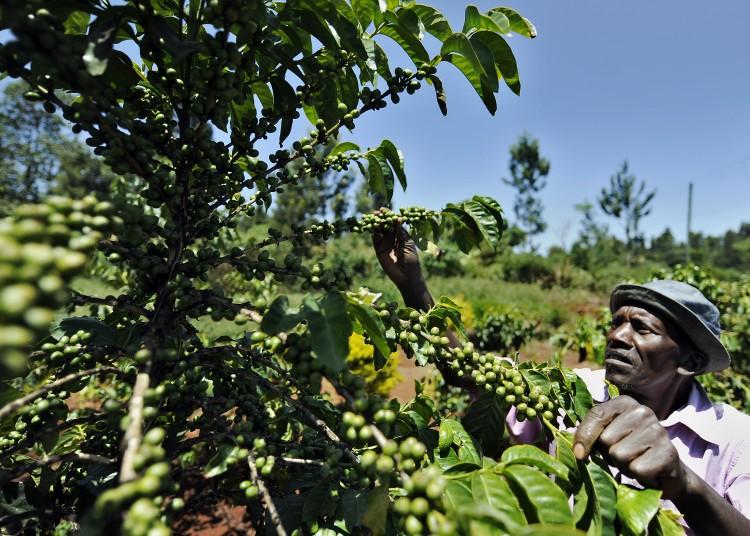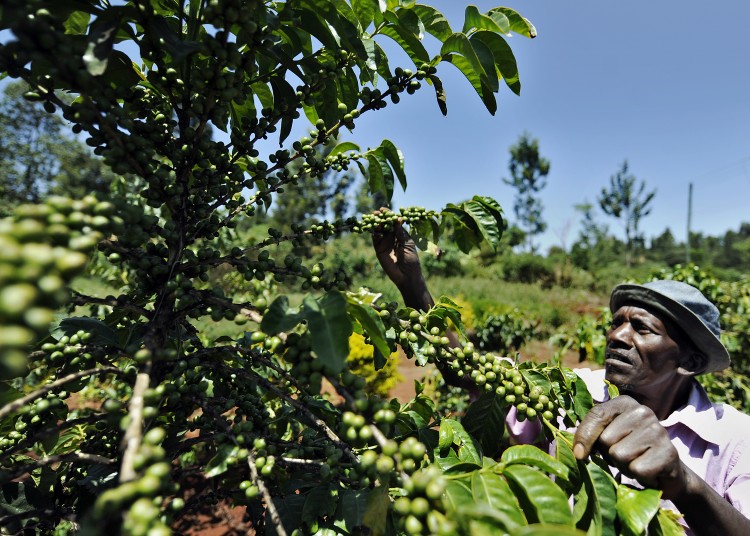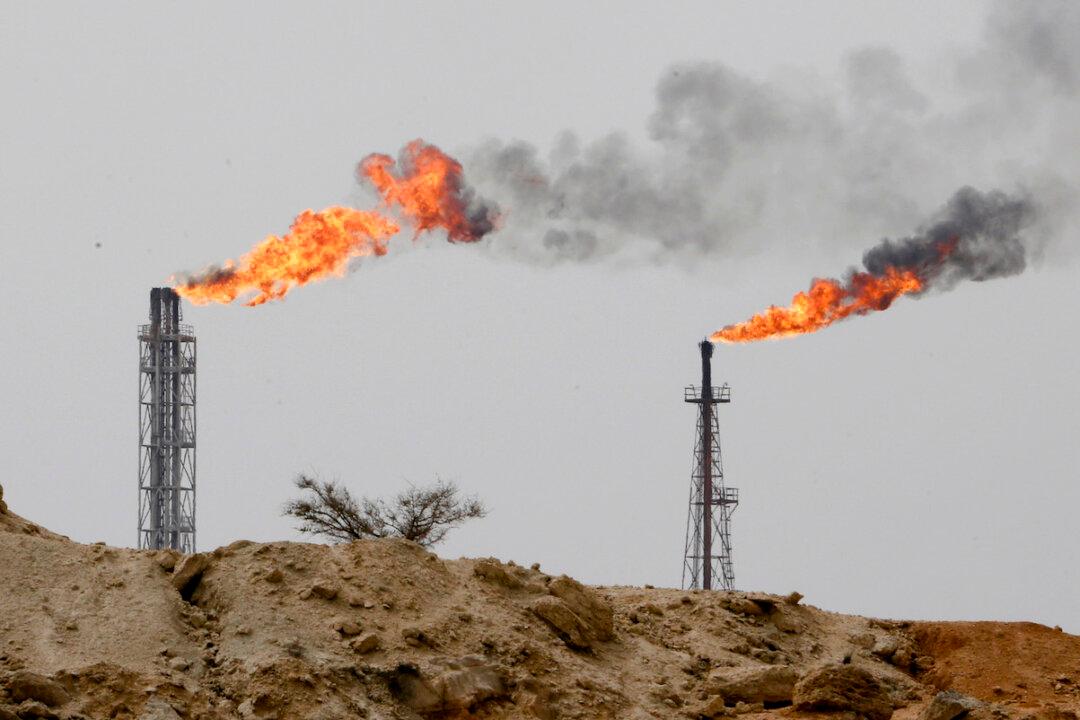Climate change may cause the extinction of wild East African Arabica coffee plants by 2080 said the Kew Royal Botanical Gardens in a first-of-its-kind study. The study suggests that the downfall of wild Arabica could have serious consequences for production of the enormously popular caffeinated beverage.
The Arabica coffee plant is thought to be the first varietal domesticated and cultivated for human consumption. The bean’s history traces back for a thousand years of cultivation on the Arabian Peninsula. After oil, it is the most traded commodity in the world. Among the coffee varieties that are cultivated, the Arabica species produces the most commercially viable coffee bean.
Most of the coffee people drink comes from domesticated varieties of Arabica beans, not the wild plant. However, wild Arabica has much more genetic diversity than domesticated, making it more resistant to diseases and pests than cultivated plants.
“Arabicas grown in the world’s coffee plantations are from very limited genetic stock and are unlikely to have the flexibility required to cope with climate change and other threats, such as pests and diseases,” said Kew in a release last week.
Researchers with the botanical gardens used a computer model to simulate the effects of climate change on wild Arabica plants that grow in East Africa, primarily in Ethiopia.
“The worst case scenario, as drawn from our analyses, is that wild Arabica could be extinct by 2080. This should alert decision makers to the fragility of the species,” Justin Moat, the head of spatial information science with Kew, said in a statement.
The study is the first of its kind and “modeling the influence of climate change on naturally occurring populations of any coffee species has never been undertaken,” despite concerns expressed by coffee growers and stakeholders in the industry, Kew said. Specifically, the study evaluates the survivability of the plant rather than production of the caffeinated beverage.
Arabica and Robusta are the only two species of bean used to make coffee, with Robusta primarily used to make freeze-dried coffee that is higher in caffeine and is frequently consumed in Turkey and Greece.
Researchers did not specifically say exactly how climate change would affect coffee production, but the outlook appears grim.
“The logical conclusion is that Arabica coffee production is, and will continue to be, strongly influenced by accelerated climate change, and that in most cases the outcome will be negative for the coffee industry,” the group said.
Climate change will make meeting optimum growing conditions for domesticated varieties ever more difficult. This will shrink coffee bean yields, Kew notes.
Kew coffee researcher Aaron Davis said, coffee “has become part of our modern society and culture,” but said the study serves as a worst-case scenario.
“The scale of the predictions is certainly cause for concern, but should be seen more as a baseline, from which we can more fully assess what actions are required,” Davis cautioned.
The Epoch Times publishes in 35 countries and in 19 languages. Subscribe to our e-newsletter.







